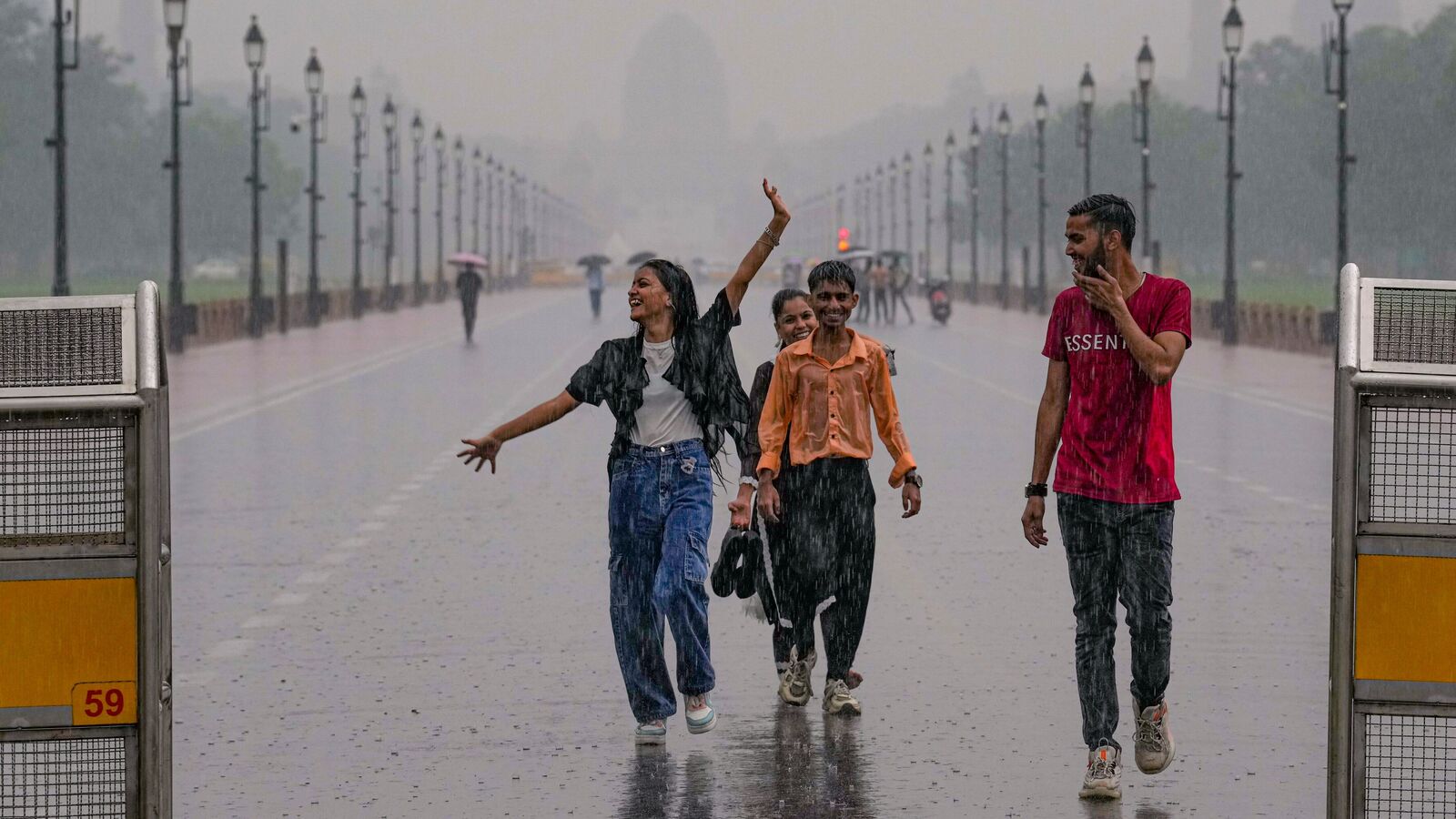Delhi Eases Pollution Curbs: Stages 1 & 2 Remain Active
Revocation of Stage 3 GRAP in Delhi: A Shift in Air Quality Measures
The Commission for Air Quality Management (CAQM) has made a significant decision to revoke Stage 3 of the Graded Response Action Plan (GRAP) in the Delhi-NCR region. However, continued measures from Stages 1 and 2 will remain in place to manage and control pollution levels effectively, according to reports from ANI.
Improvement in Air Quality
The CAQM, tasked with strategizing air pollution mitigation, announced, “Delhi’s air quality has transitioned from the ‘severe’ category to the ‘poor’ range.” Consequently, the measures under Stage III, which were previously implemented, have now been withdrawn following torrential rains that lashed parts of Delhi recently. The Indian Meteorological Department forecasts suggest that more showers are anticipated until December 28, contributing to a decrease in pollution levels and an improvement in air quality.
Data from the Central Pollution Control Board (CPCB) indicated that Delhi’s air quality index stood at 334 as of 8:00 pm on Friday, categorizing it within the ‘very poor’ range.
Impact of Weather Conditions
The air quality in Delhi-NCR is expected to improve further due to favorable meteorological conditions, reported both the Indian Meteorological Department (IMD) and the Indian Institute of Tropical Meteorology. Notably, the air pollution levels in Delhi have shown a declining trend, indicating a positive shift.
Changes Post Revocation of Stage 3
The revocation of Stage 3 of GRAP implies significant changes, particularly in terms of non-essential construction work. Previously prohibited, these activities will now be allowed again across Delhi-NCR. Furthermore, the enforcement of Stage 3 required that educational classes up to grade 5 transition to a hybrid mode, offering parents and students the option of online education where feasible. With the new changes, all classes will revert to offline mode as normal.
Despite these positive developments, continued efforts to monitor and manage air quality remain crucial for ensuring sustainable environmental health in Delhi.
